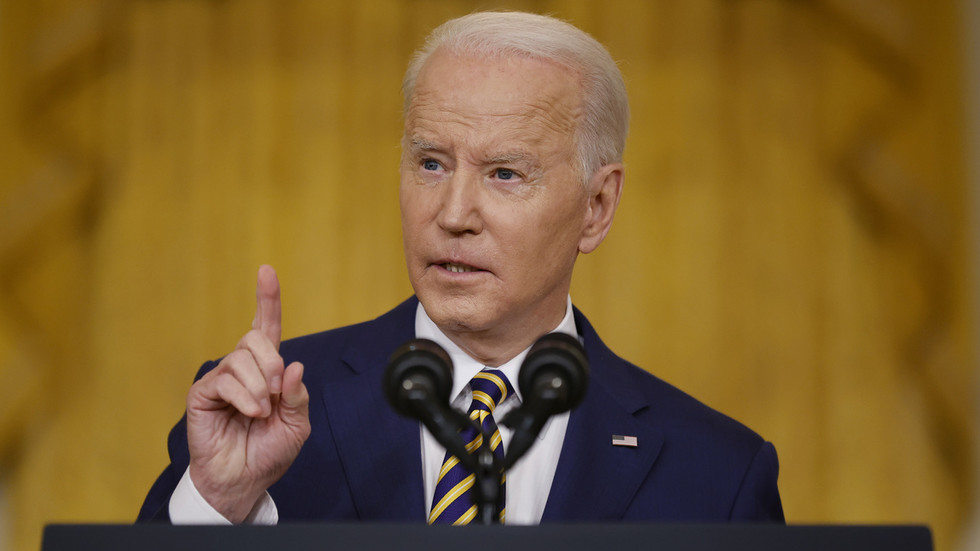In a significant escalation of tensions between the United States and Iran, President Joe Biden has instructed the National Security Council (NSC) to issue strong warnings to Tehran regarding any attempts to assassinate former President Donald Trump. According to reports from the Washington Post, Biden made it clear that any attack against Trump or other former American officials would be viewed as an act of war. This directive underscores the seriousness with which the Biden administration views threats against American officials, highlighting that the protection of Trump is being prioritized. National Security Council spokesman Sean Savett reinforced this stance, stating that the administration is committed to using all available resources to ensure Trump’s safety, emphasizing that such threats against American citizens, regardless of their current or former status, will not be taken lightly.
Trump himself has raised concerns about his safety in recent months, alleging that Iran has made attempts on his life. He specifically referenced two incidents from July and September, where he felt his life was gravely threatened during public appearances and at his private golf club in Florida. However, sources cited in the Washington Post indicated that no concrete evidence currently links Iran to these threats. Trump’s assertions came just after his team met with U.S. intelligence officials, who purportedly informed them of Iran’s alleged plot to kill him and create instability within the United States. These unsettling claims have added an additional layer of complexity to U.S.-Iran relations, which have been fraught with tension since Trump’s presidency, particularly following the assassination of Iranian military commander Qassem Soleimani.
Soleimani’s death in a U.S. drone strike in January 2020 marked a pivotal moment in the U.S.-Iran rivalry and prompted Tehran to vow retribution. In light of current events, Iran’s foreign ministry has categorically denied any involvement in recent assassination attempts against Trump, dismissing the claims as unfounded. Nasser Kanaani, the Iranian foreign ministry spokesman, expressed Iran’s intent to seek justice against Trump for what it considers his direct responsibility in Soleimani’s assassination. This assertion highlights Iran’s ongoing grievances and its commitment to holding Trump accountable, further complicating the geopolitical landscape.
The Biden administration’s strong response illustrates the delicate nature of U.S.-Iran relations and the potential ramifications of any acts against American officials. The notion of treating attacks on Trump or any former officials as acts of war is particularly significant, as it signals a readiness to respond to threats with military force if necessary. Given the historical context of U.S.-Iran relations, the consequences of such a conflict could extend well beyond the immediate parties involved, potentially igniting broader hostilities in the region.
Moreover, the situation reflects the ongoing volatility that can result from previous U.S. military actions in the Middle East, which have left a lasting impact on relationships with various factions. The legacy of Soleimani’s assassination has undoubtedly fueled animosity toward the U.S. among Iranian leadership, making any threats against American citizens particularly potent in the eyes of Tehran. As security for Trump becomes a primary focus of the Biden administration, the underlying tensions suggest a precarious state of affairs that could easily escalate into more serious confrontations.
In conclusion, the unfolding scenario highlights not only the personal risks faced by former President Trump but also the broader implications for U.S.-Iran relations in a delicate geopolitical landscape. As the Biden administration continues to prioritize national security and protect former officials, the adversarial history between the U.S. and Iran is brought to the forefront, illustrating how deeply embedded historical grievances can influence current events. The administration’s commitment to taking threats seriously underscores the potential for significant consequences should Iran choose to pursue aggressive actions against Americans, a development that all parties would be wise to prevent through diplomatic channels and open dialogue.

